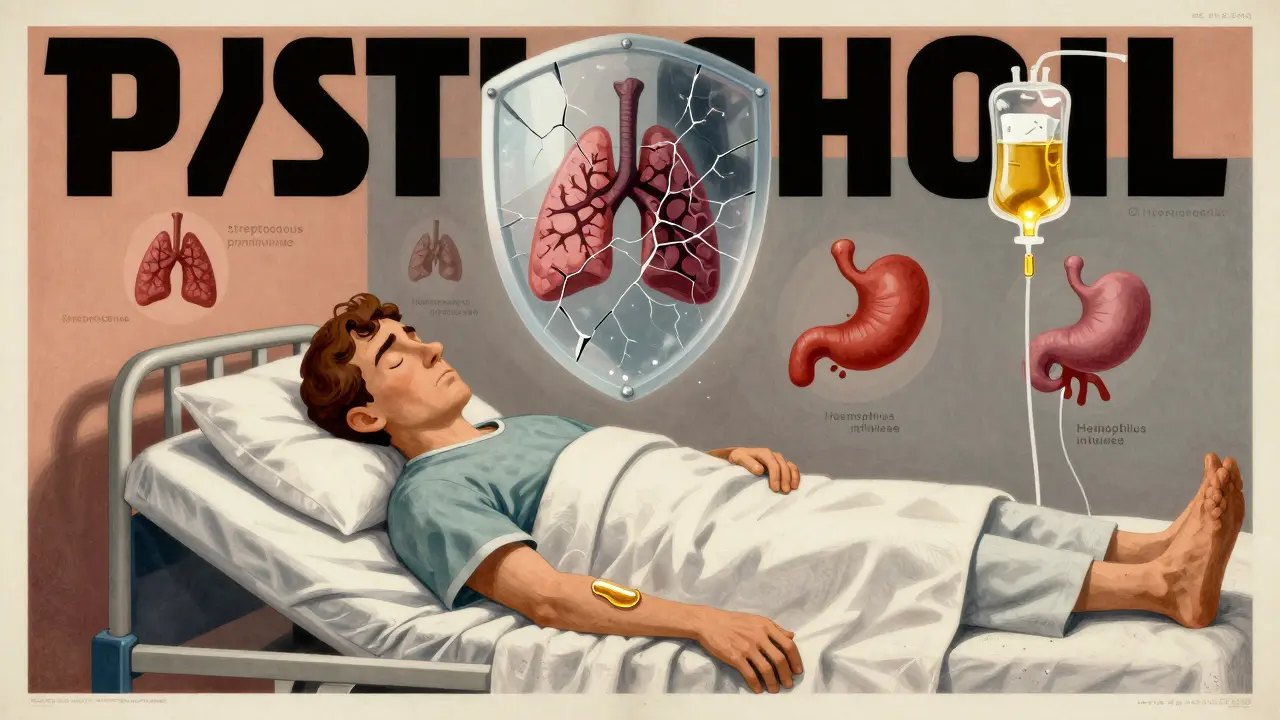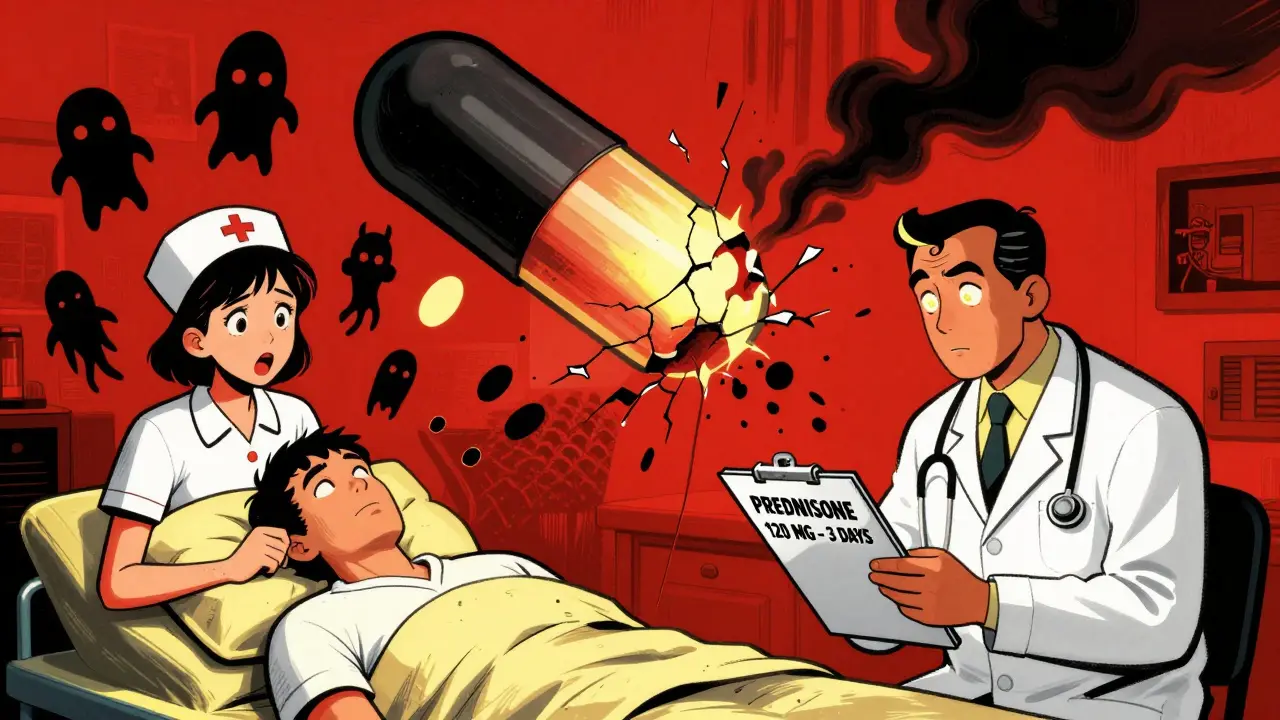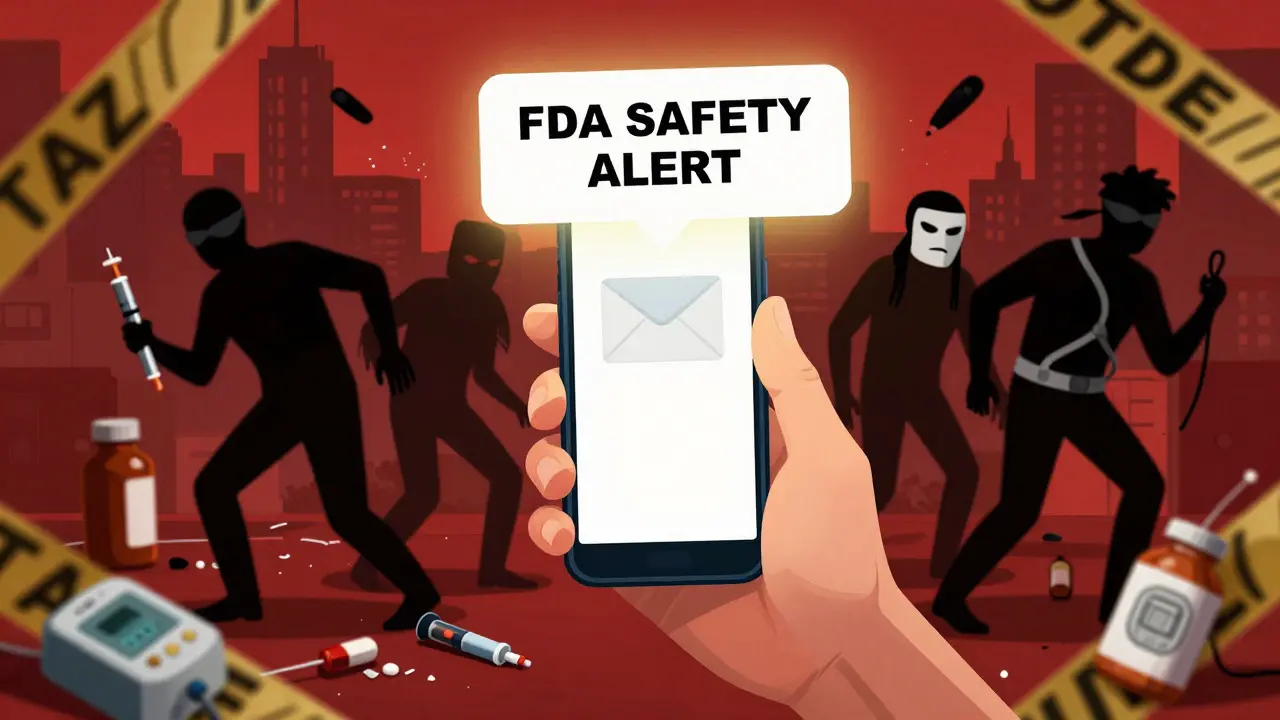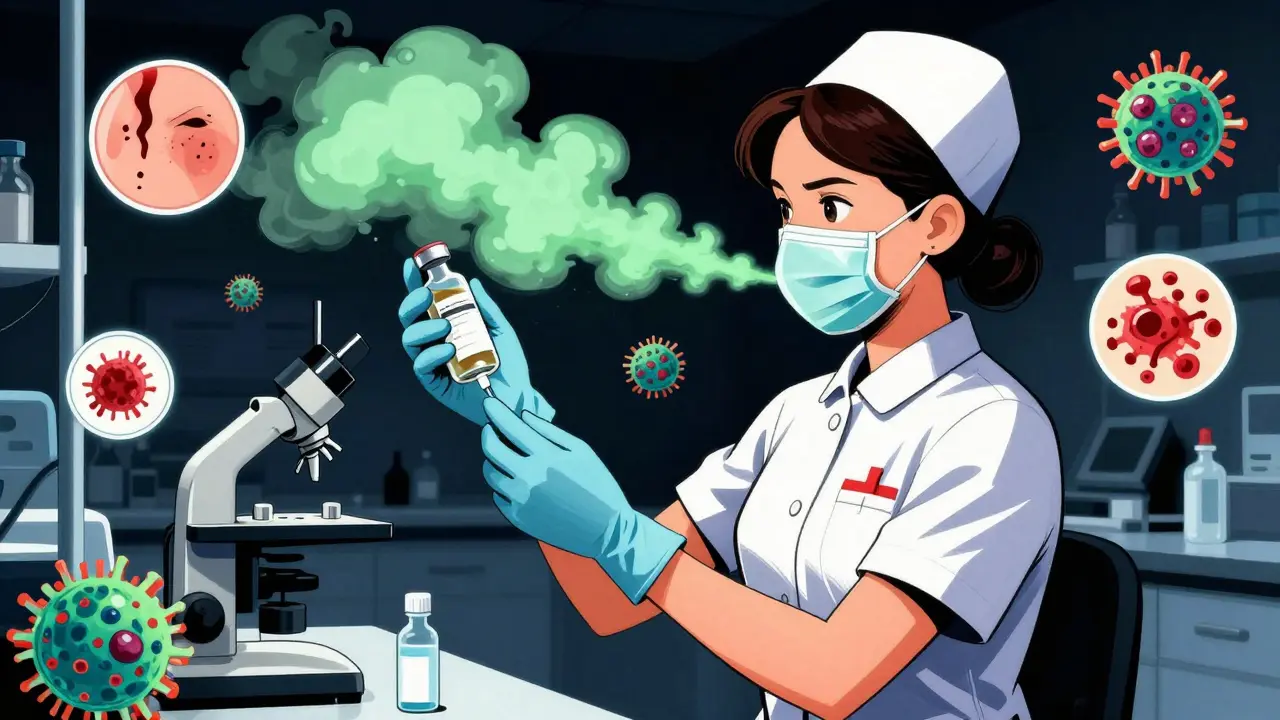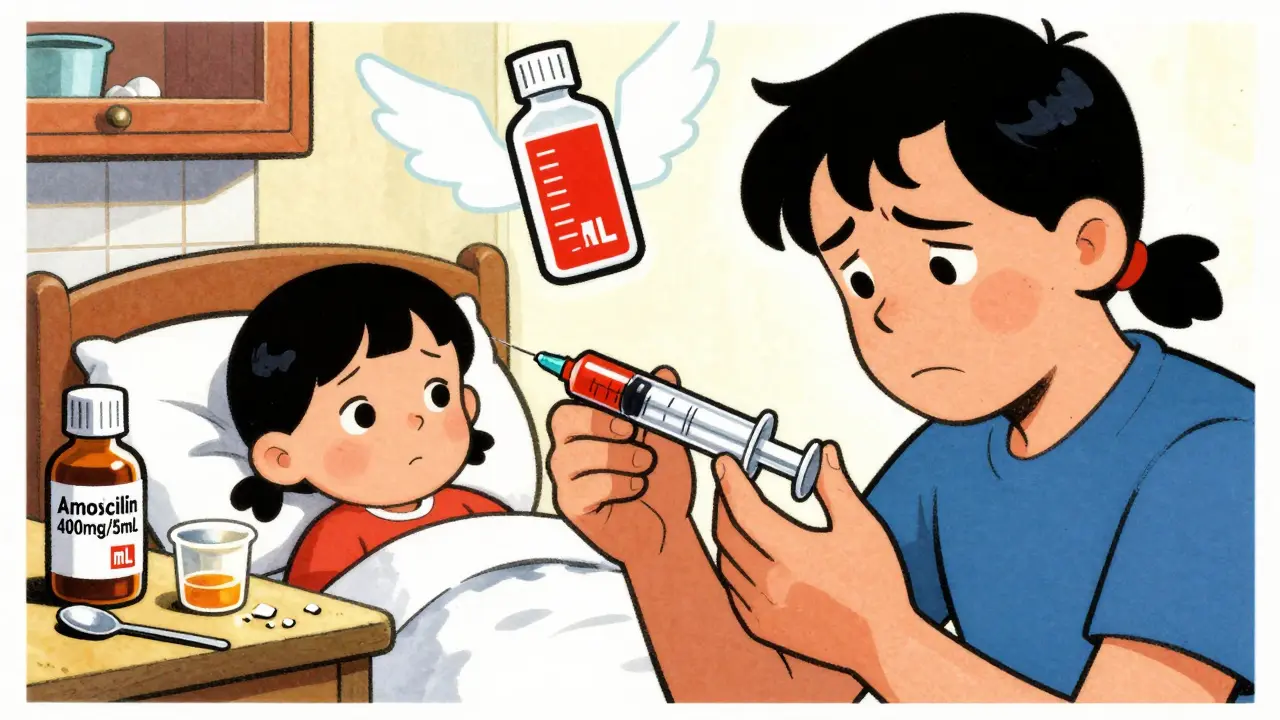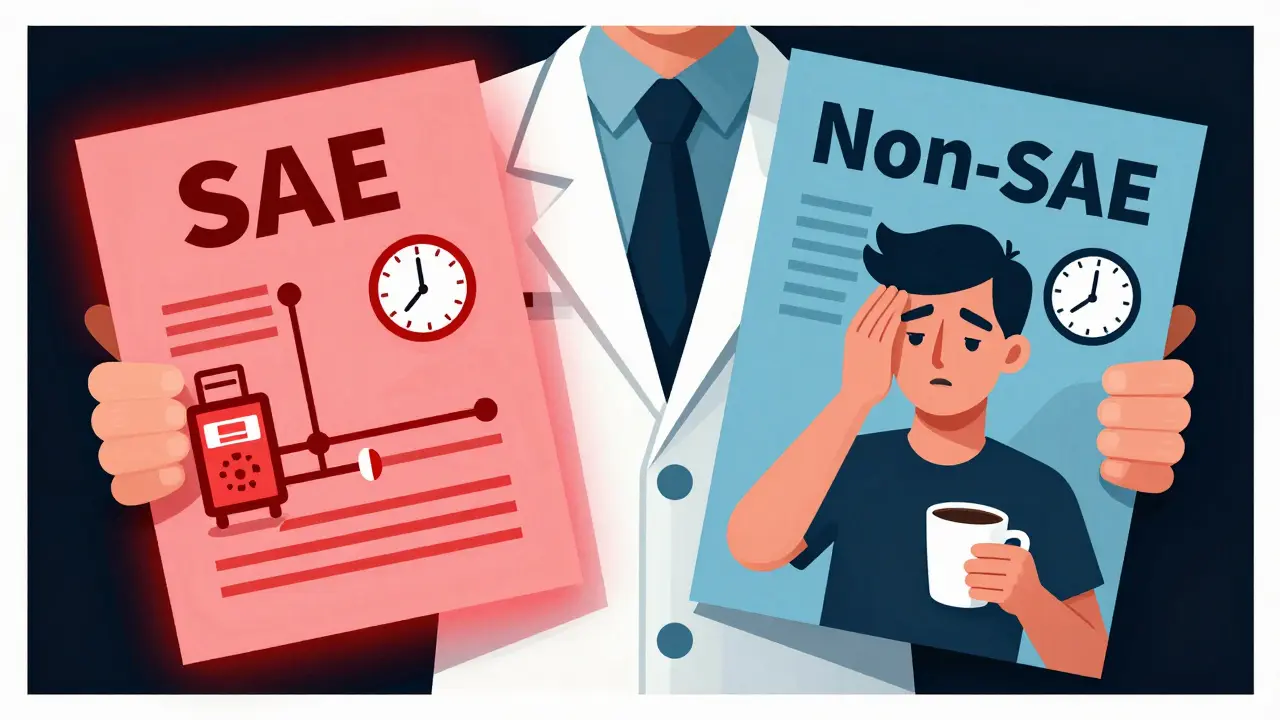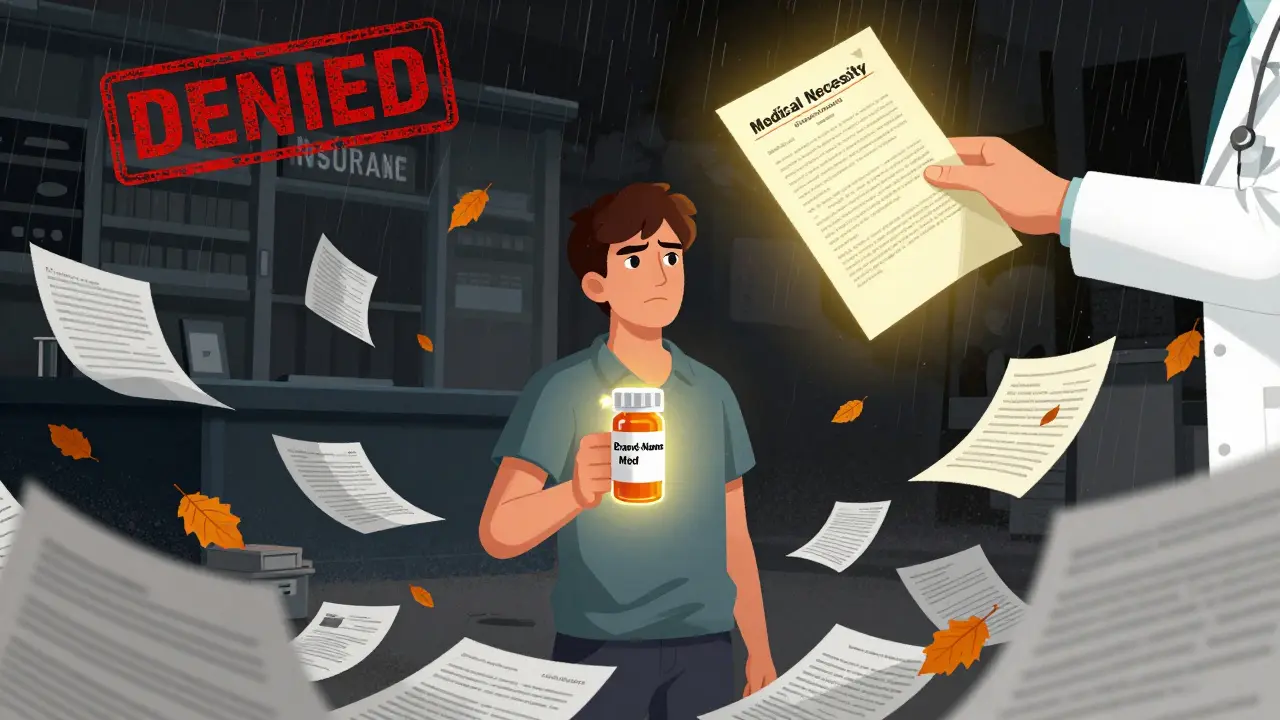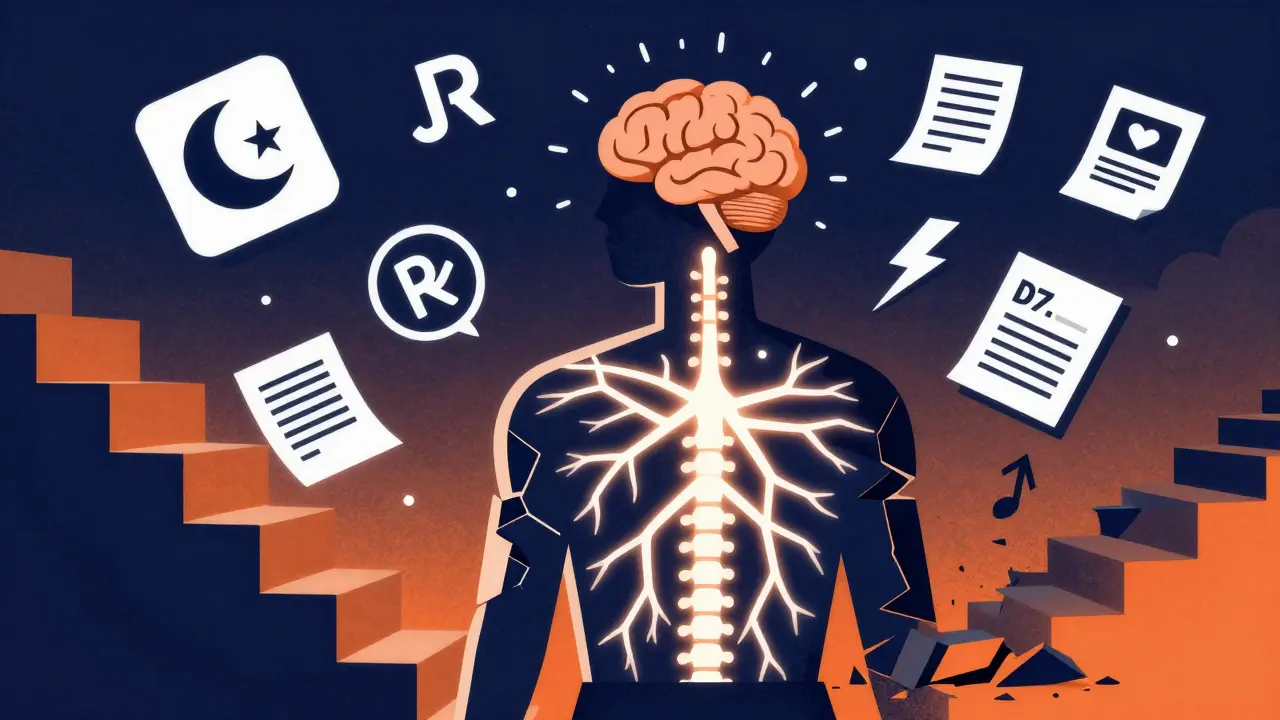Health and Medicine
Small medication choices matter. A missed dose, a wrong disposal method, or not asking one question can change how well a treatment works. On this page you’ll find clear, practical articles about medicines, supplements, side effects, and real-world tips to make smarter decisions about your health.
We cover both daily topics and new research. Want a plain explanation of an antibiotic like Panmycin, or the latest insight on why metformin helps with weight loss? We have hands-on pieces that explain what the drug does, common side effects, and what to watch for. Prefer drug comparisons? Read our breakdowns such as Methylprednisolone vs. Prednisone so you know how doctors choose between options.
How to use these guides
Start with the short summaries under each article. If you need quick action steps, look for sections labeled "Practical tips" or "What to watch for." For example, our Zidovudine article focuses on adherence strategies: set alarms, use pillboxes, and involve a trusted person to check in. For antibiotics like Panmycin, we explain why finishing the full course matters and how to manage common side effects.
When a study is mentioned, we link to the source and explain what it really means for you. The metformin piece, for instance, discusses lac-phe and why that finding might lead to new weight-loss options — not immediate miracle pills. The chloramphenicol analogs article explains ongoing efforts to reduce toxicity, and how that could affect future treatments.
Everyday safety tips that actually help
Keep a single, updated list of all medicines and supplements you take. Bring it to every appointment. Ask your pharmacist about interactions when a new drug is prescribed. If you notice concerning symptoms — high fever, severe rash, sudden breathing trouble — seek medical help right away.
Disposal matters. Don’t flush eyedrops or pills down the sink. Our latanoprost article explains environmental risks and offers safe disposal steps you can follow. For household chemicals and wastewater issues, the magnesium hydroxide piece shows greener treatment options that reduce harm to ecosystems.
Read drug histories and development stories to get context. Learning how indapamide or cilostazol were developed helps you understand why doctors pick them for certain conditions. And for complex problems like hepatic encephalopathy, our articles separate acute signs from chronic signs so you can spot red flags faster.
If you want practical learning, follow one article at a time and try one tip — like setting a daily alarm or asking a pharmacist one question this week. The goal here is simple: give you usable info so your medicines do what they should and you feel more in control of your care.
Common Variable Immunodeficiency: Understanding Antibody Deficiency and Treatment Options
Common Variable Immunodeficiency (CVID) causes severe antibody deficiency, leading to frequent infections and autoimmune complications. Immunoglobulin replacement therapy is the cornerstone of treatment, dramatically improving survival and quality of life.
Read moreSteroid-Induced Psychosis: How to Recognize and Treat It in an Emergency
Steroid-induced psychosis is a serious, treatable side effect of corticosteroids that can strike within days. Recognizing early signs like agitation and confusion - and acting fast with dose reduction and low-dose antipsychotics - can prevent harm and save lives.
Read moreSubscribe to FDA Safety Communications: Never Miss an Alert
Subscribe to FDA Safety Communications to get instant email alerts about drug recalls, medical device dangers, and food safety risks. It’s free, targeted, and could save your life.
Read moreOphthalmic Imaging Explained: OCT, Fundus Photos, and Angiography for Eye Health
OCT, fundus photography, and fluorescein angiography are essential tools for diagnosing retinal diseases. Each reveals different details - structure, leakage, or blood flow - helping doctors catch eye problems before vision is lost.
Read moreLiver Function Tests Explained: ALT, AST, Bilirubin, and What They Really Mean
Liver function tests like ALT, AST, and bilirubin don't measure liver health directly - they reveal damage. Learn how patterns in these numbers point to fatty liver, alcohol disease, or bile blockage - and what to do next.
Read moreMedications and Work Safety: How Prescription Drugs and Hazardous Drugs Impact Job Performance and Workplace Risk
Prescription medications like opioids and benzodiazepines impair worker safety, while hazardous drugs like chemotherapy agents expose healthcare workers to cancer and reproductive risks. Learn how exposure happens, what works to prevent it, and why current protections fall short.
Read moreHow to Measure Children’s Medication Doses Correctly at Home
Learn how to safely measure children's medication doses at home using milliliters and oral syringes. Avoid common errors that can lead to under- or overdosing, and discover the tools and techniques trusted by pediatricians.
Read moreSerious vs Non-Serious Adverse Events: When to Report in Clinical Trials
Learn the critical difference between serious and non-serious adverse events in clinical trials. Understand when to report, why timing matters, and how to avoid common mistakes that waste resources and risk patient safety.
Read moreHow to Appeal Insurance Denials for Brand-Name Medications
Learn how to successfully appeal an insurance denial for brand-name medications with step-by-step guidance, critical documentation tips, and real success rates from internal and external reviews.
Read moreChronic Pain Conditions: Effective Ways to Manage Lifelong Pain
Chronic pain lasts beyond healing time and affects millions. Learn evidence-based, non-opioid strategies like exercise, CBT, and multidisciplinary rehab that actually improve function and quality of life - backed by CDC, WHO, and Mayo Clinic research.
Read more
